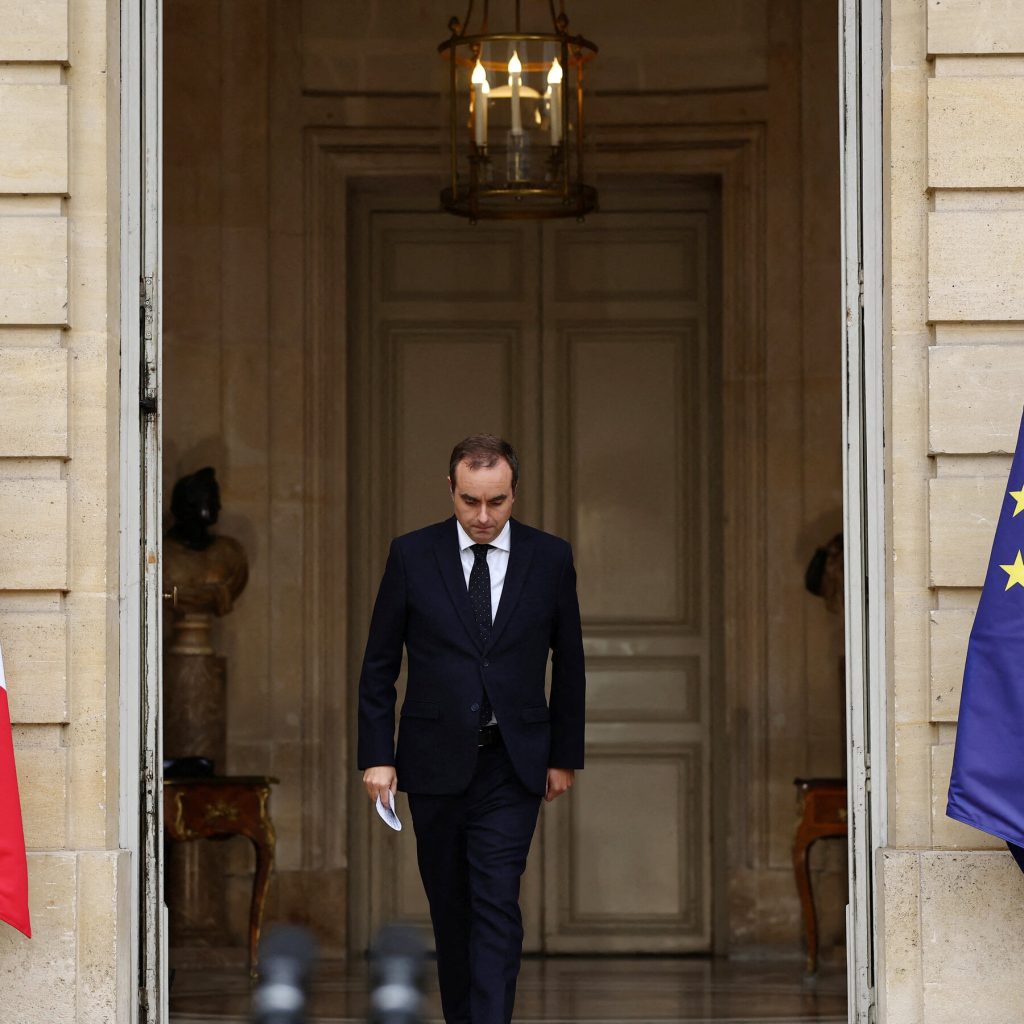France’s Leadership Shake-Up Sparks Fears of Economic Turmoil

The sudden resignation of Sébastien Lecornu as France’s Prime Minister, just a few weeks into his tenure, has raised alarm bells about the country’s ability to tackle its massive debt burden. Lecornu’s departure has sent shockwaves through the French government, fueling concerns about the country’s economic stability and the government’s capacity to implement much-needed reforms.
Lecornu’s resignation comes at a critical time for France, which has been struggling to bring its debt pile under control. The country’s debt-to-GDP ratio stands at over 98%, one of the highest in the European Union. The situation has been further complicated by France’s sluggish economic growth, which has been averaging just 1.5% per annum over the past few years.
The sudden departure of Lecornu has sparked concerns about the government’s ability to chart a clear course for economic reform. With France’s economy facing significant headwinds, investors are growing increasingly nervous about the country’s prospects. The yield on France’s 10-year bond has risen in recent days, reflecting growing concerns about the country’s creditworthiness.
The French government has been under pressure to deliver on its campaign promises, including a reduction in the country’s debt burden and an improvement in living standards. However, with Lecornu’s resignation, it remains to be seen whether the government will be able to deliver on these commitments.
The move has also raised questions about the leadership of President Emmanuel Macron, who appointed Lecornu to the prime ministerial post just a few weeks ago. Macron’s government has been facing criticism for its handling of the economy, with some critics arguing that it has been too slow to respond to the country’s economic challenges.
As France navigates this period of uncertainty, investors and analysts will be closely watching the government’s next moves. The country’s economic prospects are closely tied to its ability to implement structural reforms and reduce its debt burden. With Lecornu’s resignation, the stakes have just gotten higher.






